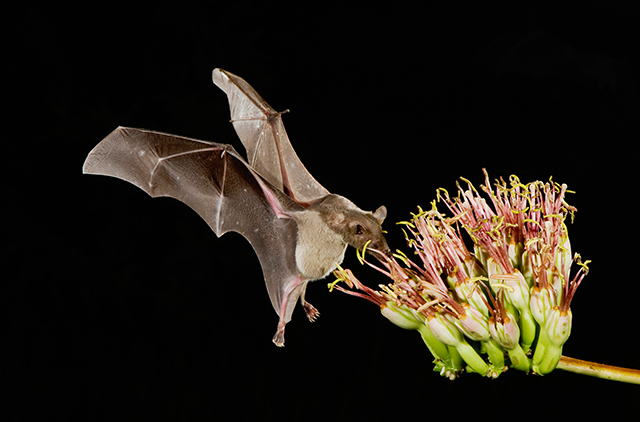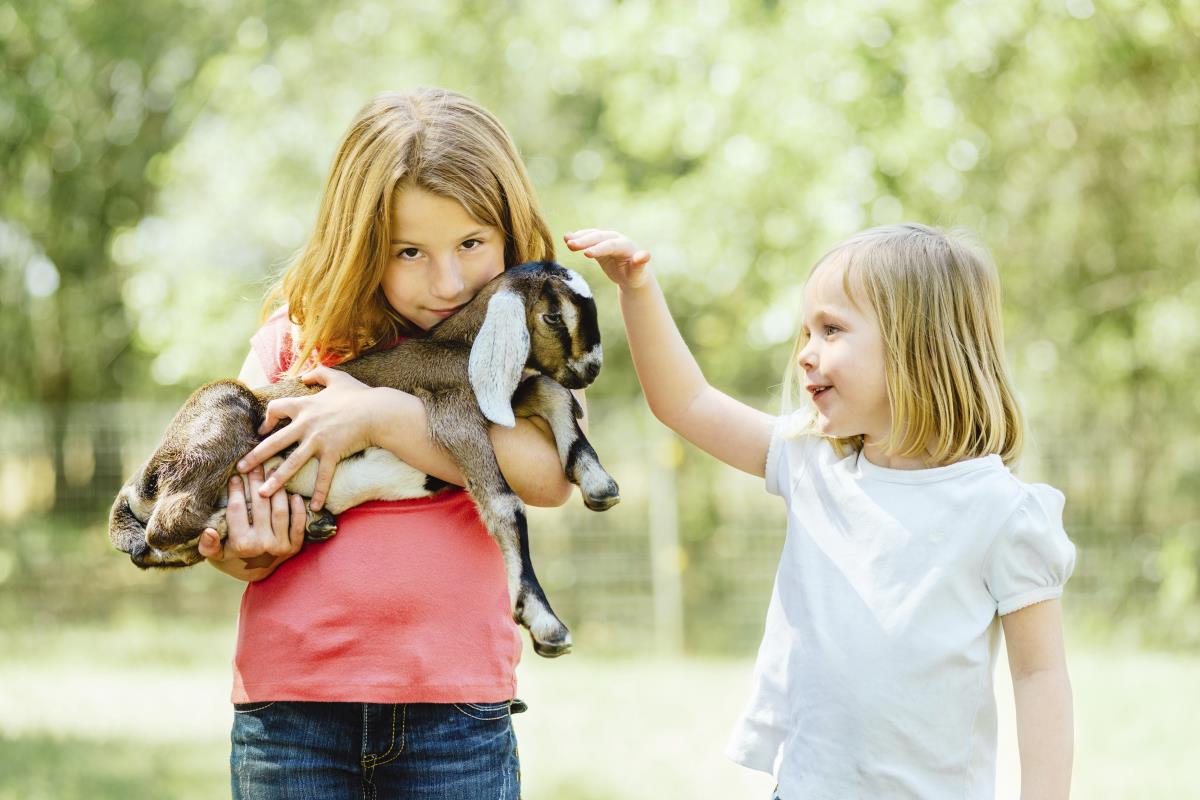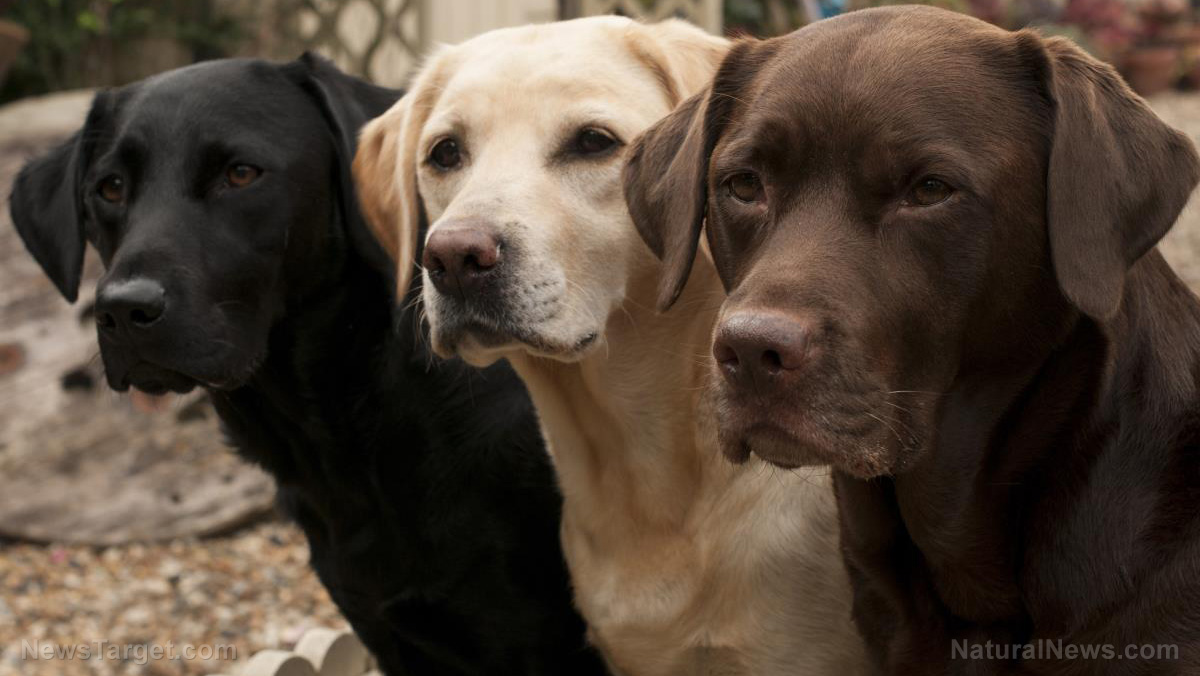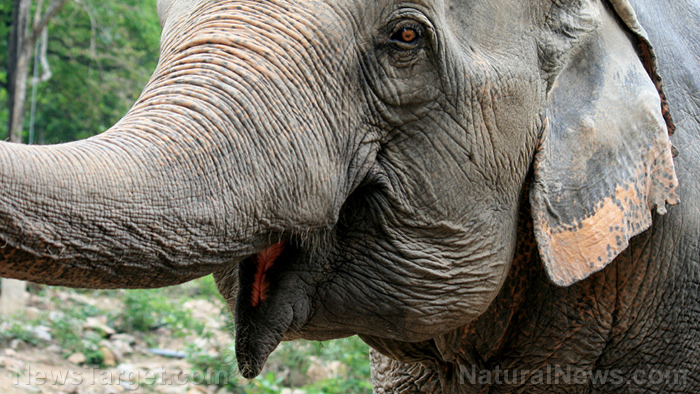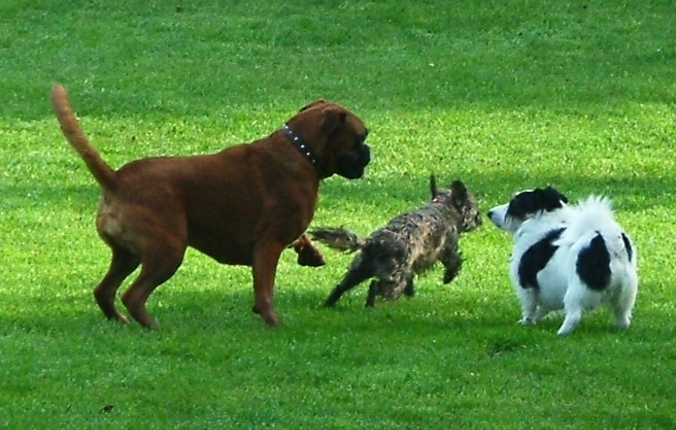EXPOSED: Korean dog farms breed dogs for meat
12/15/2016 / By JD Heyes

Though a highly advanced society and a technology powerhouse, the taboo practice of raising dogs for meat has just been exposed in South Korea.
As reported by the UK’s Mirror, investigators found that, in some operations, more than 200 puppies were stuffed into filthy, rusting cages while fed little more than scraps before they were eventually dragged to the slaughterhouse.
In all, investigators discovered that this hell was reality for about 2.5 million dogs penned up on 17,000 dog farms around the country.
For the first time, however, after the investigation has exposed this horrific practice, dogs whose meat was to be harvested and sent to unsuspecting dinner plates are being rescued and moved to Britain (Mirror readers will have an opportunity to give one of six “tragic mutts the chance of a new life,” the paper said in its online edition).
The publication’s footage shows helpless dogs hurling themselves maniacally into the rusting bars of their cages, crying in misery while creating “a deafening din.”
‘If we want to share this world then we have to bring each other’s behavior into light’
Though the cruel dog-farming industry is a taboo subject in a nation that is proud to also host the 2018 Olympic Games, it proliferates, providing meat for millions of dinner tables throughout the country and, honestly, who knows where else, since it is so large and pervasive there.
In fact, South Korea is the only nation on earth that is known to regularly and intently farm dogs for human consumption; the Mirror’s report merely exposes the horrific conditions in which the dogs must exist.
“A lot can be made about the cultural differences here, but if we want to share this world then we have to bring each other’s behavior into light,” said TV wildlife presenter Chris Packham, in an interview with the Mirror.
“So if you are going to have the Olympics and everything that it means in terms of humanity and a leveler of race, creed, color or religion, then South Korea can’t just say they want the benefits of the Games and stand by while animals are being mistreated and slaughtered in this way,” he added.
Continuing, Packham said he really did not want to turn on his television to watch the opening ceremony of the 2018 Games knowing that it is very likely that somewhere nearby, there are dogs suffering through horrific conditions.
The controversial industry generations about £200million ($251.4 million) and provides dog meat for about 10,000 licensed and unlicensed dog meat restaurants in South Korea all by itself.
No breed of dog is safe
The Mirror investigation discovered about 200 “tragic animals” that were being kept in filty conditions at a farm in the Gangwon province, which is located some 100 miles east of the nation’s capital of Seoul. There, rows and rows of dogs of all shapes and sizes were being bred for their meat, and without much regulation or compassion.
Dog farmers primarily raise a type of large, light-colored mixed breed called a Jindo. But all other breeds can also be exploited for their meat, including beagles, Labradors, huskies and even small Chihuahuas.
Pets that have been abandoned or taken right off the streets can soon find themselves packed into tiny wire cages and taken to the slaughterhouse.
In an interview Wendy Higgins of the animal welfare organization, Humane Society International, described the farming methods as “horrific”
“Most of the animals spend day in day out with their paws splayed as they try to walk on the harsh wire floor, some resorting to sleeping in their food bowls as it is the only solid surface in their cage offering respite from the wire,” she said.
One dog, which clearly looked underfed, was seen limping around with a grotesque growth on one of its hind legs.
The farms also range in size, with some containing 1,000 dogs, others as few as 50.
About 30 million dogs are killed for their meat throughout Asia annually in China, the Philippines, Thailand, Laos, Vietnam and Cambodia.
Sources:
Tagged Under: dog farms, dog meat, South Korea


